Podcast: Play in new window | Download (Duration: 5:58 — 2.7MB) | Embed
Subscribe: Apple Podcasts | Spotify | Amazon Music | Android | Pandora | iHeartRadio | JioSaavn | Podchaser | Gaana | Podcast Index | Email | TuneIn | Deezer | Anghami | RSS | More
Efficacious Novena to the Sacred Heart of Jesus 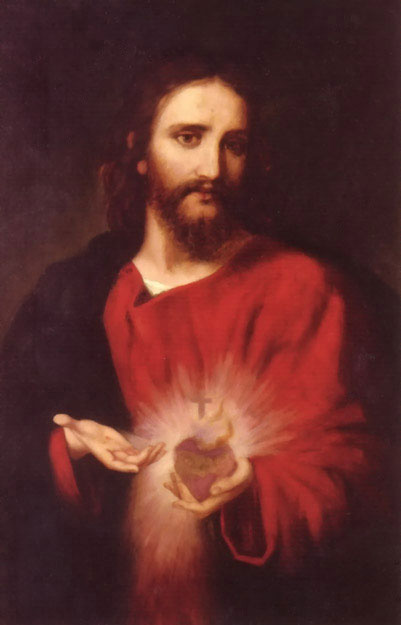
I. O my Jesus, you have said: “Truly I say to you, ask and you will receive, seek and you will find, knock and it will be opened to you.” Behold I knock, I seek and ask for the grace of…… (here name your request)
Our Father….Hail Mary….Glory Be to the Father….Sacred Heart of Jesus, I place all my trust in you.
II. O my Jesus, you have said: “Truly I say to you, if you ask anything of the Father in my name, he will give it to you.” Behold, in your name, I ask the Father for the grace of…….(here name your request) Our Father…Hail Mary….Glory Be To the Father….Sacred Heart of Jesus, I place all my trust in you.
III. O my Jesus, you have said: “Truly I say to you, heaven and earth will pass away but my words will not pass away.” Encouraged by your infallible words I now ask for the grace of…..(here name your request) Our Father….Hail Mary….Glory Be to the Father…Sacred Heart of Jesus, I place all my trust in you.
O Sacred Heart of Jesus, for whom it is impossible not to have compassion on the afflicted, have pity on us miserable sinners and grant us the grace which we ask of you, through the Sorrowful and Immaculate Heart of Mary, your tender Mother and ours.
Say the Hail, Holy Queen and add: St. Joseph, foster father of Jesus, pray for us.
— St. Margaret Mary Alacoque
(This is the prayer offered daily by St. Padre Pio for his spiritual children’s intentions)
This prayer is offered in audio form by Msgr. John Esseff

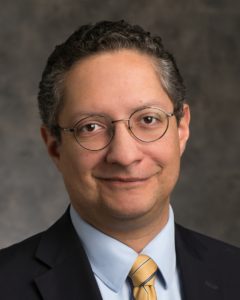
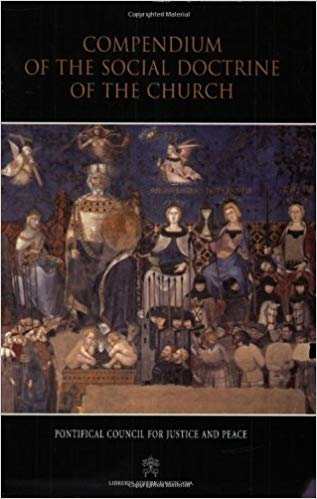
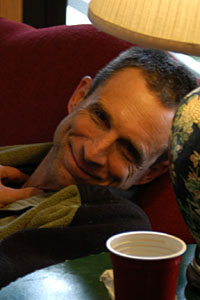
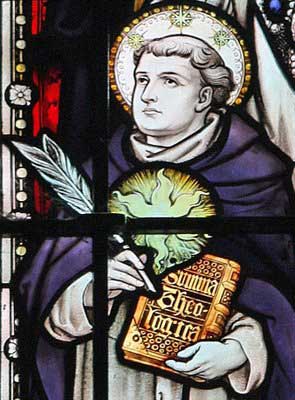 On the contrary, Other sciences are called the handmaidens of this one: “Wisdom sent her maids to invite to the tower” (
On the contrary, Other sciences are called the handmaidens of this one: “Wisdom sent her maids to invite to the tower” (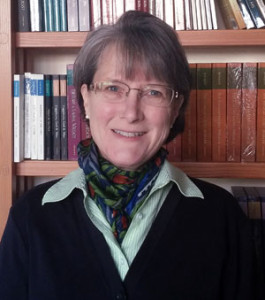
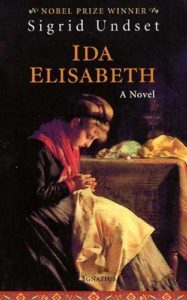
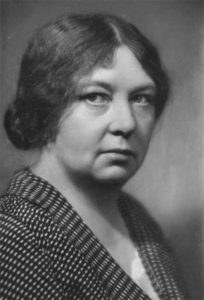 “Undset is a realist in the truest sense of the word. She sees the real world in which people face the bitter consequences of selfish choices and in which suffering is unavoidable and yet potentially redemptive. In her acclaimed historical fiction, Undset shows us that the acceptance of suffering is the beginning of wisdom and also, paradoxically, the path to peace and lasting joy.”
“Undset is a realist in the truest sense of the word. She sees the real world in which people face the bitter consequences of selfish choices and in which suffering is unavoidable and yet potentially redemptive. In her acclaimed historical fiction, Undset shows us that the acceptance of suffering is the beginning of wisdom and also, paradoxically, the path to peace and lasting joy.”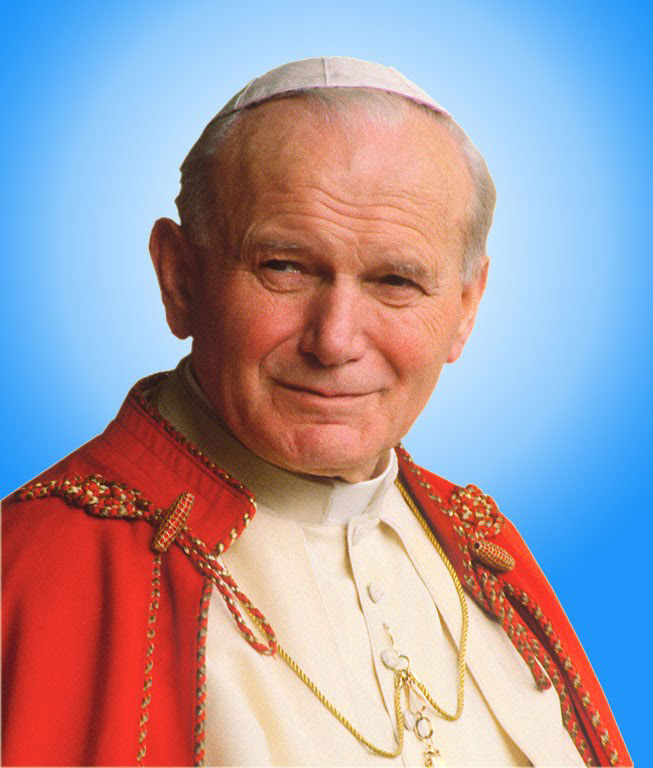
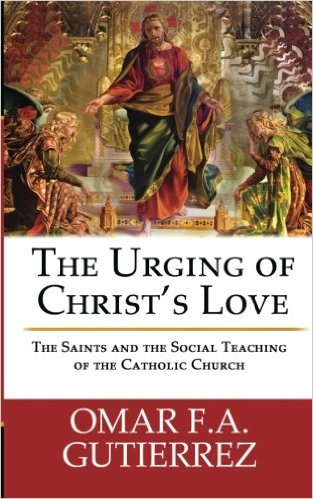
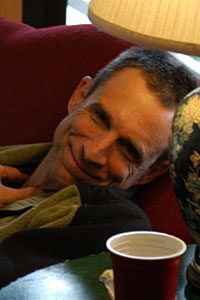
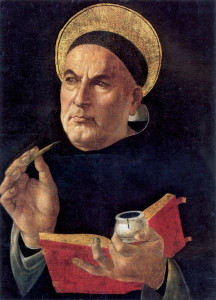 Objection 1: It seems that sacred doctrine is not a science. For every science proceeds from self-evident principles. But sacred doctrine proceeds from articles of faith which are not self-evident, since their truth is not admitted by all: “For all men have not faith” (
Objection 1: It seems that sacred doctrine is not a science. For every science proceeds from self-evident principles. But sacred doctrine proceeds from articles of faith which are not self-evident, since their truth is not admitted by all: “For all men have not faith” ( St. Bernard and “On Loving God” – The Mystery of Faith in the Wisdom of the Saints
St. Bernard and “On Loving God” – The Mystery of Faith in the Wisdom of the Saints 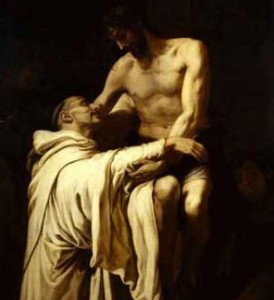

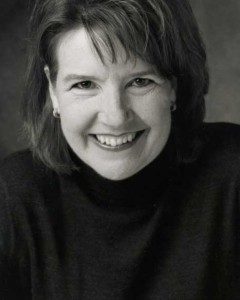
 Listening with the ear of the heart, Fr. Mauritius Wilde guides us through “The Little Prince” by Antoine de Saint-Exupéry. In this episode, Fr. Mauritius talks about how God wants to meet us in the places we do not want to be and how in our weakness God be strong. He also discusses the essence of true friendship.
Listening with the ear of the heart, Fr. Mauritius Wilde guides us through “The Little Prince” by Antoine de Saint-Exupéry. In this episode, Fr. Mauritius talks about how God wants to meet us in the places we do not want to be and how in our weakness God be strong. He also discusses the essence of true friendship.
